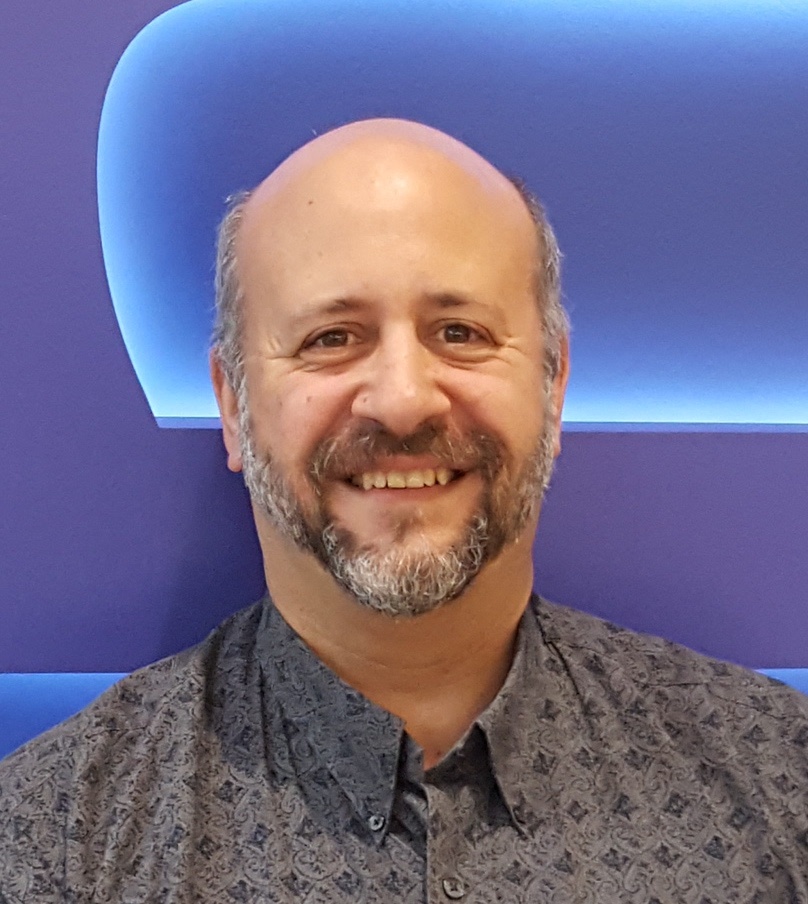I've had the opportunity to interview a fair amount of people since I joined Summa. I believe an interview is a two-sided affair and enjoy when candidates ask as many questions as I ask of them. So, I'd like to share my thoughts on this topic and paint a picture of the responsibilities you can expect to perform as a Senior Project Manager at Summa.
-
Assessment of project status - If involved at the beginning of a project, the goal is to gain an understanding of the vision/objective of the project and identify the tasks or work that is needed to be completed to get the project started. If a project is already in the middle of execution, then the goal is to gain an understanding of the established vision/objective (if there isn’t one, then I know my first task), but also to reveal the main challenges/issues, discover the major risks, and initiate relationships with the key members of the project (stakeholders and team). A secondary point here that I believe is critical is to identify the best ways that I (as the Project Manager) can best provide value to the project. Particularly on a large project, there are many areas of a project that may not be operating efficiently. As a Senior Project Manager, I need to assess the gaps and make a determination if I can fill those gaps based upon my knowledge, skill-set and/or experience vs. building a justification for extra investment to address the gaps.
-
Competent and trusted figure to the project - In order to effectively manage a project, it's necessary that I establish and maintain trust across the board with project stakeholders and project team members. This trust must be established quickly through open and honest communication, and demonstrated competence in the role. I must be able to demonstrate knowledge and experience in the SDLC to the extent that I can provide worthwhile recommendations that are accepted by both stakeholders and team members. Both the team and stakeholders must believe that my decisions and actions are committed to the success of the project as understood from their perspective. This is both a delicate and exciting balance that requires the internalization of the project objectives with minimal dilution of subjective criteria. Once this trust has been established, I will naturally gain awareness of the numerous project activities and decisions to not only better understand the current project progress but also its trajectory.
-
Data-driven decision-making - Any non-trivial project will provide numerous opportunities for generating data to help determine project progress across all of the standard dimensions: schedule, cost, scope, quality. As Project Manager, it's my responsibility to analyze this data (or find ways to produce it if it is not already available) and share it with not only the project stakeholders but team members also. A huge advantage of being involved with a project that is staffed with smart, driven individuals is the amount of valuable feedback received simply by sharing the data that has been collected. The combination of quantitative project data along with qualitative feedback from team members is powerful in painting a realistic picture of the project to identify current obstacles, areas for improvement and previous positive outcomes.
-
Facilitation - As a Senior Project Manager, a key responsibility is to ensure all project deliverables are meeting the stakeholder expectations in terms of scope, quality, time and cost. Being that Summa is an Agile organization, this does not translate to a heavy "command and control" plan-driven approach. Rather the key here is to capitalize on the enormous potential of the project team and all key members of the project to determine the best way to execute upon these expectations. Effective communication is key here: establishing relationships, identifying preferred communication delivery styles, understanding areas of project interest, reaching agreement on the appropriate frequency of communication, and empathizing with multiple people's perspectives. Undoubtedly, when you bring a diverse mix of people together to resolve obstacles, there is a high potential for misinterpretations, stand-offs and harmful feedback. However, appropriate facilitation of these discussions can yield incredible insights leading to positive improvements and energized teams.
If you have any further questions about Life as a PM at Summa or want to express interest in joining our passionate team send an email to recruiting@summa-tech.com.



